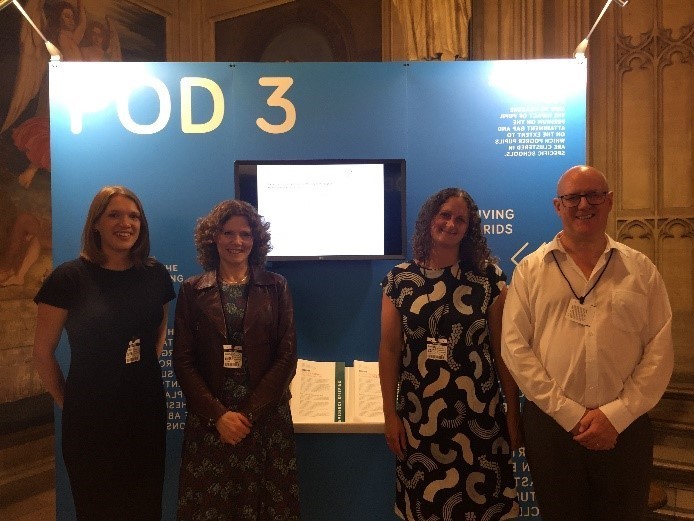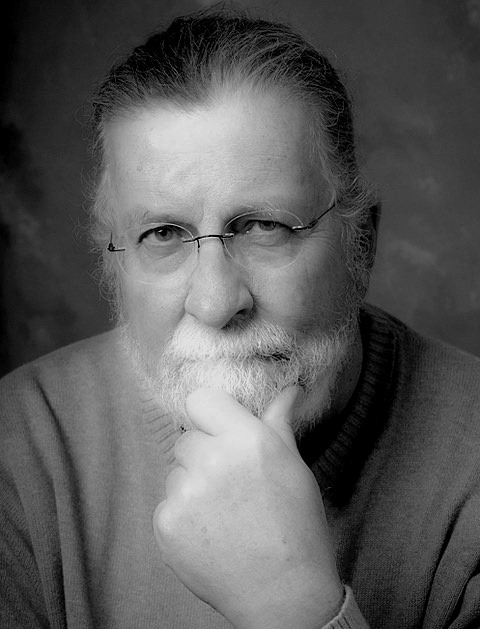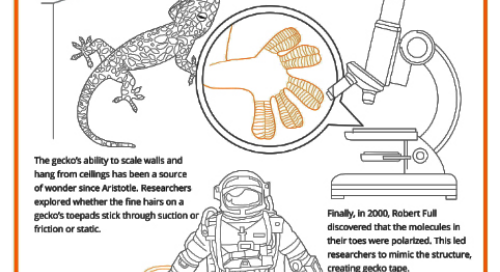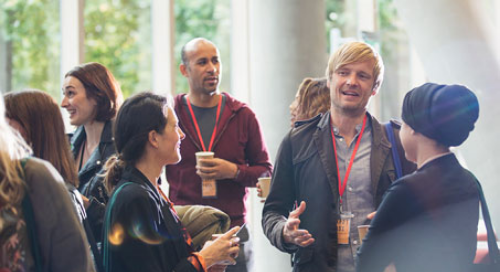how-research-can-influence-policy-and-how-one-society-is-getting-involved
September 06, 2019
Researchers play a critical role in helping to solve the complex problems that we face globally. We can only effectively tackle major issues such as climate change, social issues, and the crisis in young people’s mental health in the UK through access to robust scientific evidence.
Research improves the decisions that people outside of academia make every day. How do we help decision makers in government use the best available evidence in their everyday lives? The gap is a hard one to bridge, so we were thrilled to attend Sense About Science’s Evidence Week in Parliament with the British Psychological Society (BPS). There are countless areas in which policy-makers can benefit from greater access to, and a better understanding of, psychological research, from suicide prevention to well-being in work and schools.
 Wiley colleagues Laura Orchard and Rebecca Harkin with BPS colleagues Lisa Shostak and Nigel Atter
Wiley colleagues Laura Orchard and Rebecca Harkin with BPS colleagues Lisa Shostak and Nigel Atter
Using Research Evidence to Influence Policy
During the event Nigel Atter, Policy Advisor at the BPS and Lisa Shostak, Chartered Clinical Psychologist, presented three-minute evidence briefings to members of parliament (MPs) and parliamentarians on Adverse Childhood Experiences (ACEs). Their briefings focused on the impact of ACEs on an individual’s long-term mental health and the importance of prevention.
ACEs are stressful events that directly affect a child (e.g. child maltreatment) or affect the environment in which they live (e.g. growing up in a house where there is domestic violence). ACEs increase individuals’ risks of health-harming behaviors in later life. However, as Nigel and Lisa shared, evidence shows that if work to prevent ACEs begins early enough, some of the lifelong health and social negative impacts can be ameliorated, reducing levels of violence, incarceration, and unintended teen pregnancy.
Starting these important conversations and engaging with MPs is critical to furthering the BPS’ policy agenda. Nigel commented, “The society found the event really useful as it provided an opportunity to talk about the psychological evidence base and highlight the damaging effects of ACEs on children, families, and communities.”
During the event Nigel and Lisa were able to get evidence into the hands of a range of MPs and parliamentarians. They met with MPs from a wide political spectrum, demonstrating just how valuable face-to-face meetings are in building relationships and communicating scientific research.
 Lisa Shostak speaking with Tim Farron; Nigel Atter speaking with Norman Lamb; Nigel Atter, Lisa Shostak, and Rebecca Harkin speaking with Julie Cooper
Lisa Shostak speaking with Tim Farron; Nigel Atter speaking with Norman Lamb; Nigel Atter, Lisa Shostak, and Rebecca Harkin speaking with Julie Cooper
The three-minute briefings opened the door to further meaningful discussions. BBC Parliament reported on the event, giving the evidence the BPS presented an even wider audience.
Piquing Interest to Spark Change
The three-minute format helped MPs to digest complex scientific information and pique their interest in pressing policy issues.
“What was great about this was that it encouraged us to see it as it was just 3 minutes. Now, I did not take just 3 minutes, I took longer because I was really interested” reported one MP attending the event.
In the weeks following the event, the BPS has arranged a number of follow up meetings with MPs.
Nigel said, “We have a lot of contacts to follow up and hopefully that will provide another opportunity to present the evidence base and perhaps influence policy.”
The BPS has clear objectives of how their research findings can be used to make significant changes in how we develop and shape effective services for children and young people in the UK.
Connecting people to new ideas and driving impact outside of academia is vital in driving change. What evidence would you share with policy-makers? Let us know in the comments below.
The BPS presented evidence on Adverse Childhood Experiences (ACEs) at Evidence Week in June 2019. The society publishes eleven journals with Wiley and is a registered charity which acts as the representative body for psychology and psychologists in the UK.
Wiley was a principal partner of Evidence Week in 2019. We are committed to investing in activities that support researchers’ ability to communicate and create impact from their findings.







